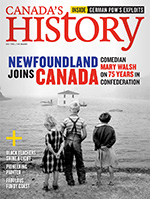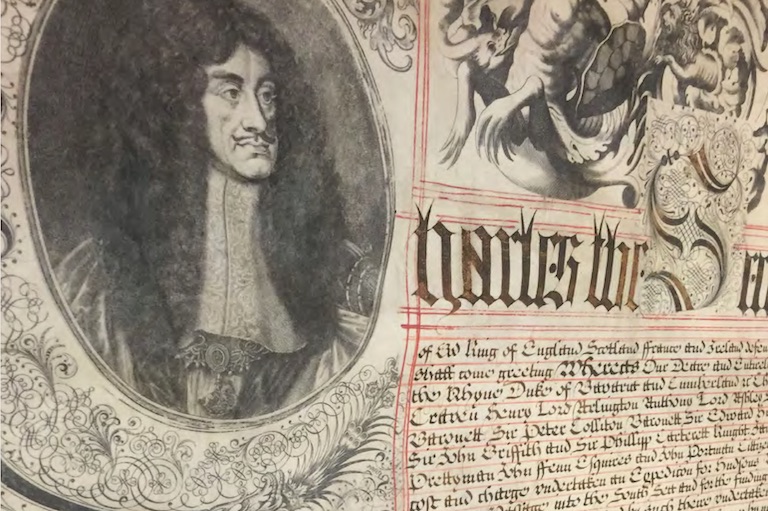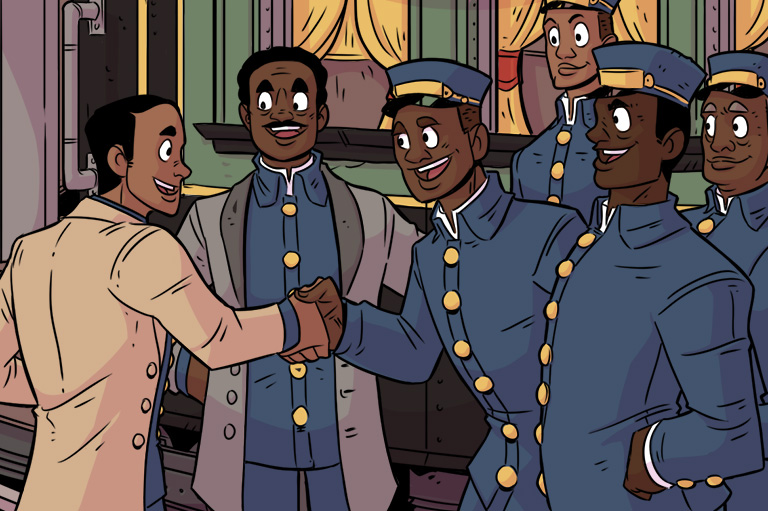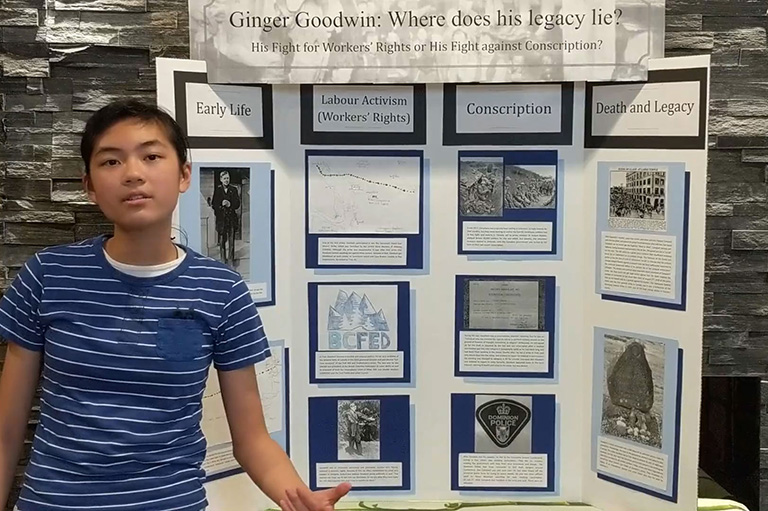Discover a wealth of interesting, entertaining and informative stories in each issue, delivered to you six times per year.
The Pembroke Soundscapes Project
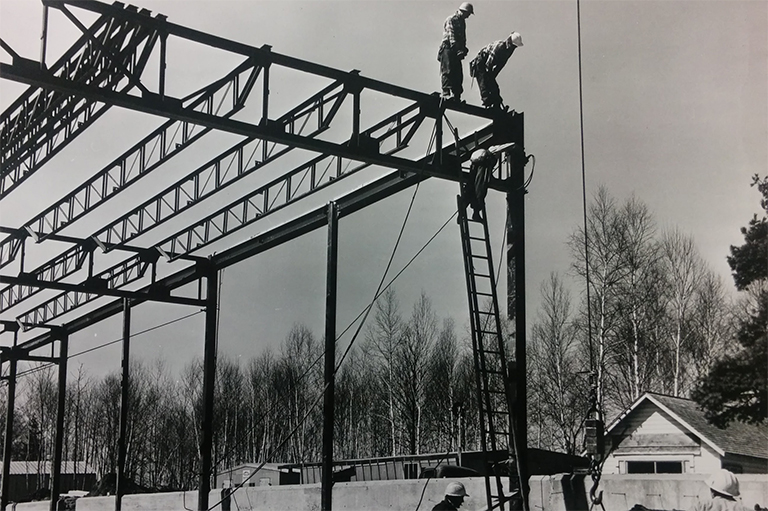
I recently completed my Masters Research Project at Carleton University. For my project, I developed an interactive website showcasing the industrial history of the town of Pembroke, Ontario, in the Ottawa Valley. The Pembroke Soundscapes Project explores the relationship between sound and memory through the decline of industry in Pembroke, Ontario from the 1950s to the present day. The word soundscape generally describes the sounds of specific spaces. The project, hosted at pembrokesoundscapes.ca, is a work of open access, digital public history.
I developed this the Pembroke Soundscapes Project using open source software and through community collaboration on- and offline. The goal was to create a project entirely open online, with source code for the website free for anyone to download, edit, and reuse for their own needs. But the first step I took was recording sounds one might have heard in a historic logging town like Pembroke. I was given access to record woodworking sounds at the Ottawa City Woodshop (read more about my experience here). This was a great opportunity to meditate on soundscapes in a place of work. The historian Jackie Patterson once commented to me that Pembroke’s lack of recorded history makes it difficult to write about the town’s past. Indeed, most of my research came from historical newspapers online or microfilm from the Library and Archives in Ottawa and the Pembroke Public Library. The wonderful people of the Champlain Trails Museum in Pembroke also provided a lot of resources from their archive and help piecing together the chronology of the town’s lumber, paper and pulp, and steel factories. I digitized most of the photographs and images on the website from the Champlain Trails archive.
The website includes a map marking each company I explored. The right hand side of the screen contains a narrative that scrolls to each marker on the map when one reads about a particular company. Each company on the map links out to a more comprehensive timeline with images and newspaper clippings. The visual elements of the timeline contain sounds that activate only when one hovers over an image. By exploring the relationship between sound and memory, I used the French writer Marcel Proust’s theories of memory. For Proust, the experience of sudden, unanticipated sound can trigger specific memories. I used this theoretical basis to show my website to Pembroke residents and the workers of the Champlain Trails Museum. I recorded their reactions and placed those audio clips on my website map.
Yet I found an underwhelming visible reaction to the affective power of sound in triggering memory. In most cases, people just wanted to tell me about Pembroke’s history. And there is nothing wrong with that. I must be open to the possibility that people may interact with my project in unexpected ways, especially on their own time, or deliberately choose how they react in front of me. You can read more about my project generally, theoretical work, process, and the specific issues I faced here (my thesis was written entirely live online, from scattered thoughts at the beginning to its completion).
Sound is an uncommon way to approach history. Sound enhances the impact of imagery and text. In my website, I highlight the uneasy history of workers striking because it is consistently part of Pembroke’s past, but rarely discussed in the industrial narrative. By including a painstaking number of strikes in my website, I brushed against the industrial narrative popular in Pembroke that champions business leaders like my ancestor E.A. Dunlop and the height of economic prosperity. In his recent book on Paul Martin Senior, Greg Donaghy shows that Martin — who lost against Dunlop in the 1928 North Renfrew by-election — criticized Dunlop and other industrial leaders in Pembroke for their low wages and monopolization of industry. By sonifying a history of striking, I hope to create discussion about Pembroke's uneasy industrial past, and foster sensitivity towards nostalgia for a past time of economic prosperity. Because Pembroke’s industrial history is more complex than an epochal shift from economic boom to capital flight overseas. I will therefore continue to add to this project. The beauty of a digital, public project is that the history is not written and published, but is continually changed as people interact with my website and share their stories.

